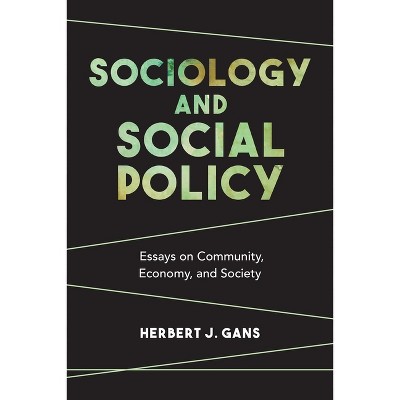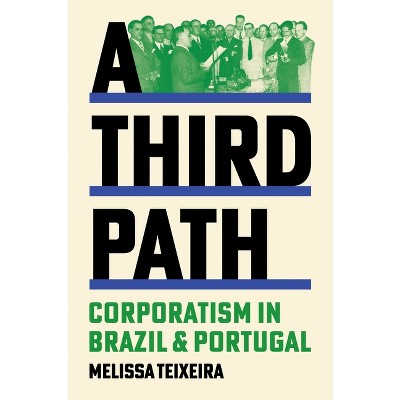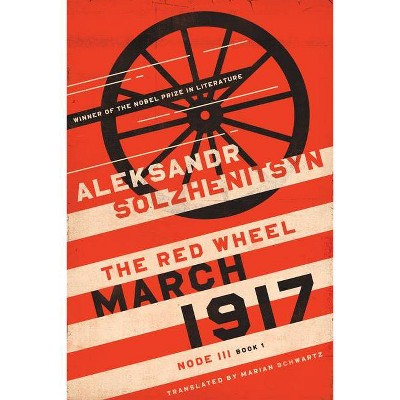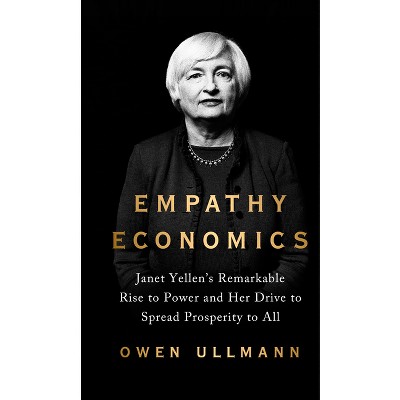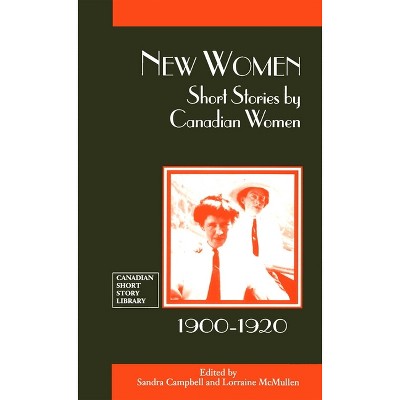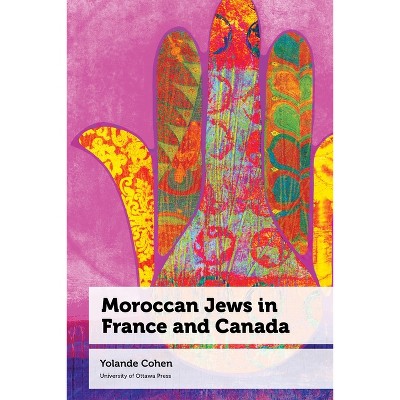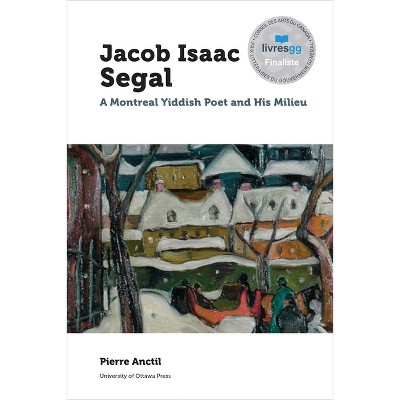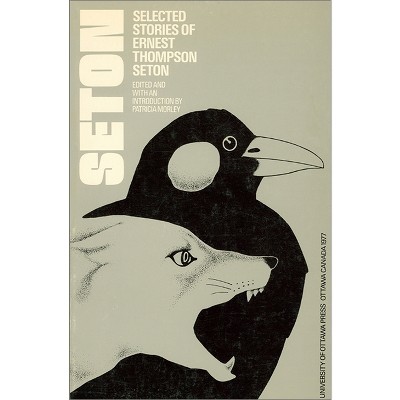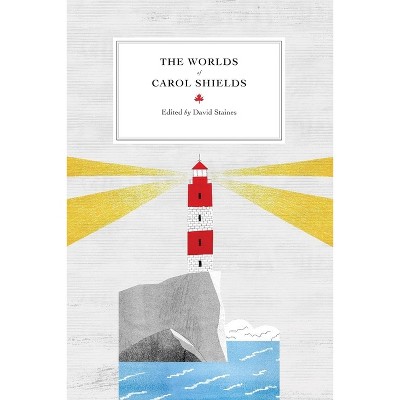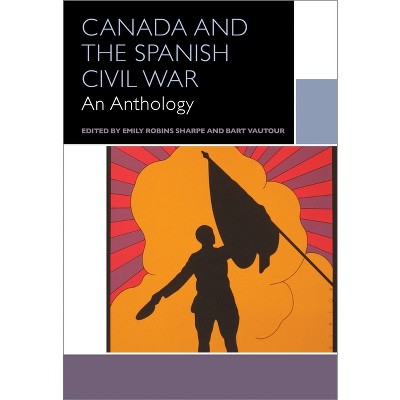Sponsored

Leo Tolstoy and the Canadian Doukhobors - by Andrew Donskov (Paperback)
In Stock
Sponsored
About this item
Highlights
- À la suite de la rédaction de ses deux romans les plus importants, Guerre et paix et Anna Karénine, l'auteur russe Léon Tolstoï a vécu une crise spirituelle qui l'a amené à dénoncer les privilèges dont jouissait sa classe sociale et les richesses matérielles afférentes, et à accueillir la vie champêtre du paysan.
- About the Author: Andrew Donskov, member of the Royal Society of Canada, is Distinguished Professor at the Department of Modern Languages and Literatures of the University of Ottawa.
- 520 Pages
- Social Science, Social Classes & Economic Disparity
Description
About the Book
As an idealist, Tolstoy was constantly searching for practical applications to his philosophical ideas. He found a prime example in the religious group of the Doukhobors, whom he personally helped emigrate from Russia to Canada in 1899, and to whom he referred as "people of the 25th century."Book Synopsis
À la suite de la rédaction de ses deux romans les plus importants, Guerre et paix et Anna Karénine, l'auteur russe Léon Tolstoï a vécu une crise spirituelle qui l'a amené à dénoncer les privilèges dont jouissait sa classe sociale et les richesses matérielles afférentes, et à accueillir la vie champêtre du paysan. Dans la secte persécutée des Doukhobors, qui rejetaient aussi le militarisme et les rituels de l'Église en élisant plutôt de trouver Dieu dans leur coeur, il découvrait un exemple éloquent de la possibilité de vivre ses nouveaux idéaux pacifistes au quotidien. Leur style de vie les attirait tant - il appelait les Doukhobors « les gens du XXVe siècle » - qu'il décida en 1898 d'aider à financer leur émigration en masse vers le Canada, loin de la persécution de l'Église et de l'État russes.
L'étude approfondie d'Andrew Donskov présente les grandes lignes de l'histoire et des croyances des Doukhobors, leur harmonie avec l'objet de toute la vie de Tolstoï qui souhaitait « un peuple uni » et le portrait des Doukhobors qu'en a fait Tolstoï dans ses écrits. Cette édition comprend la correspondance entière entre Tolstoï et le chef des Doukhobors, Pëtr Vasil'evich Verigin. L'édition est couronnée de trois essais d'éminents Doukhobors canadiens.
Appuyée par une panoplie considérable de données initiales, cette monographie de Donskov ne manquera pas d'être pertinente pour ceux qui s'intéressent aux études religieuses, philosophiques, sociologiques, pacifistes, historiques ou littéraires.
Ce livre est publié en anglais.
--
Following the completion of his major novels War and Peace and Anna Karenina, Russian writer Leo Tolstoy experienced a spiritual crisis that led him to denounce the privileges of his social class and its attendant material wealth and embrace the simple rural life of the peasantry. In the persecuted Russian Doukhobor sect, who also rejected militarism and church ritual in favour of finding God in their hearts, he saw a prime example of how it was possible to live his new-found pacifist ideals in everyday life. He was so taken with their lifestyle, calling the Doukhobors "people of the 25th century," that, in 1898, he decided to help finance their mass emigration to Canada, away from the persecutions of the Russian church and state.
Donskov's expanded study presents an outline of Doukhobor history and beliefs, their harmony with Tolstoy's lifelong aim of "unity of people", and the portrayal of Doukhobors in Tolstoy's writings. This edition features Tolstoy's complete correspondence with Doukhobor leader Pëtr Vasil'evich Verigin. Three guest essays by prominent Canadian Doukhobors are also included.
Supported by a considerable array of source materials, Donskov's monograph will be of relevance to anyone interested in religious, philosophical, sociological, pacifist, historical, or literary studies.
This book is published in English.
Review Quotes
Donskov's book is the first thorough and profound research work on this important subject. It covers the whole history of the Tolstoy-Doukhobor relationship, including the pre-emigration period [...] This is an ambitious, inclusive work, and is a wonderful reference and resource on this specific subject.-- "PUO-UOP"
About the Author
Andrew Donskov, member of the Royal Society of Canada, is Distinguished Professor at the Department of Modern Languages and Literatures of the University of Ottawa. His research focuses on the nineteenth century Russian literature, peasant literature, the Doukhobors, and the literary career of Leo Tolstoy.
He received the Tolstoy Medal for Distinguished Contributions to Tolstoy Studies, awarded by the L.N. Tolstoy Museum in Moscow, in 2015.Shipping details
Return details
Frequently bought together


Trending Non-Fiction






